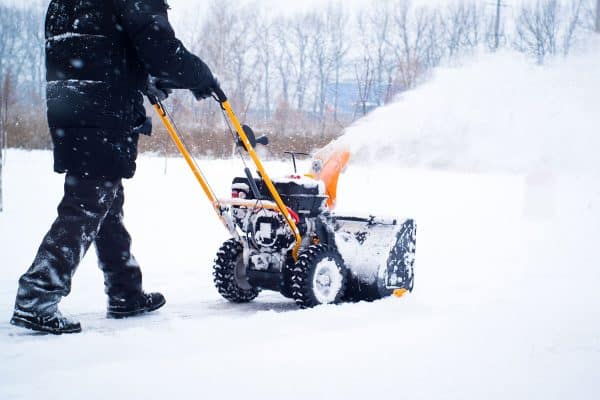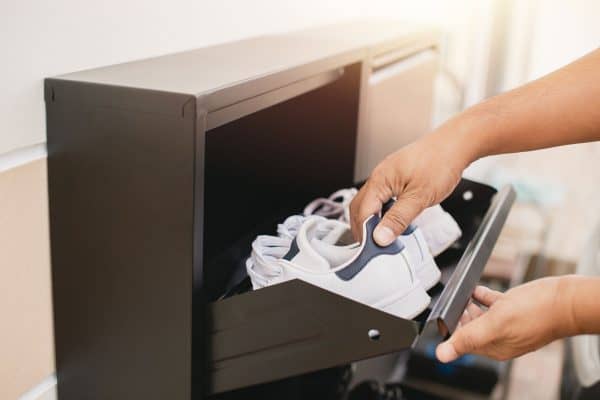On some occasions, tires need to be kept in storage because they are not yet needed. We have researched this topic in-depth and in this post, we will talk about a tire's storage lifespan and ways how you can properly store your tires.
Unused tires can last in storage for around 6-10 years as long as it is stored in the right conditions. Used tires will last for about 2-5 years, depending on how much wear and tear each has experienced prior to storage. In both scenarios, it is important to have the right environment for your tires.
Storing tires is simple, but it can be a little tricky because it is prone to getting dry rot and damage quickly. Fortunately, we're going to go through your questions in this post. Keep scrolling to read more about proper tire storage and other tips on how to best keep tires.

How Long Do Tires Last In Storage
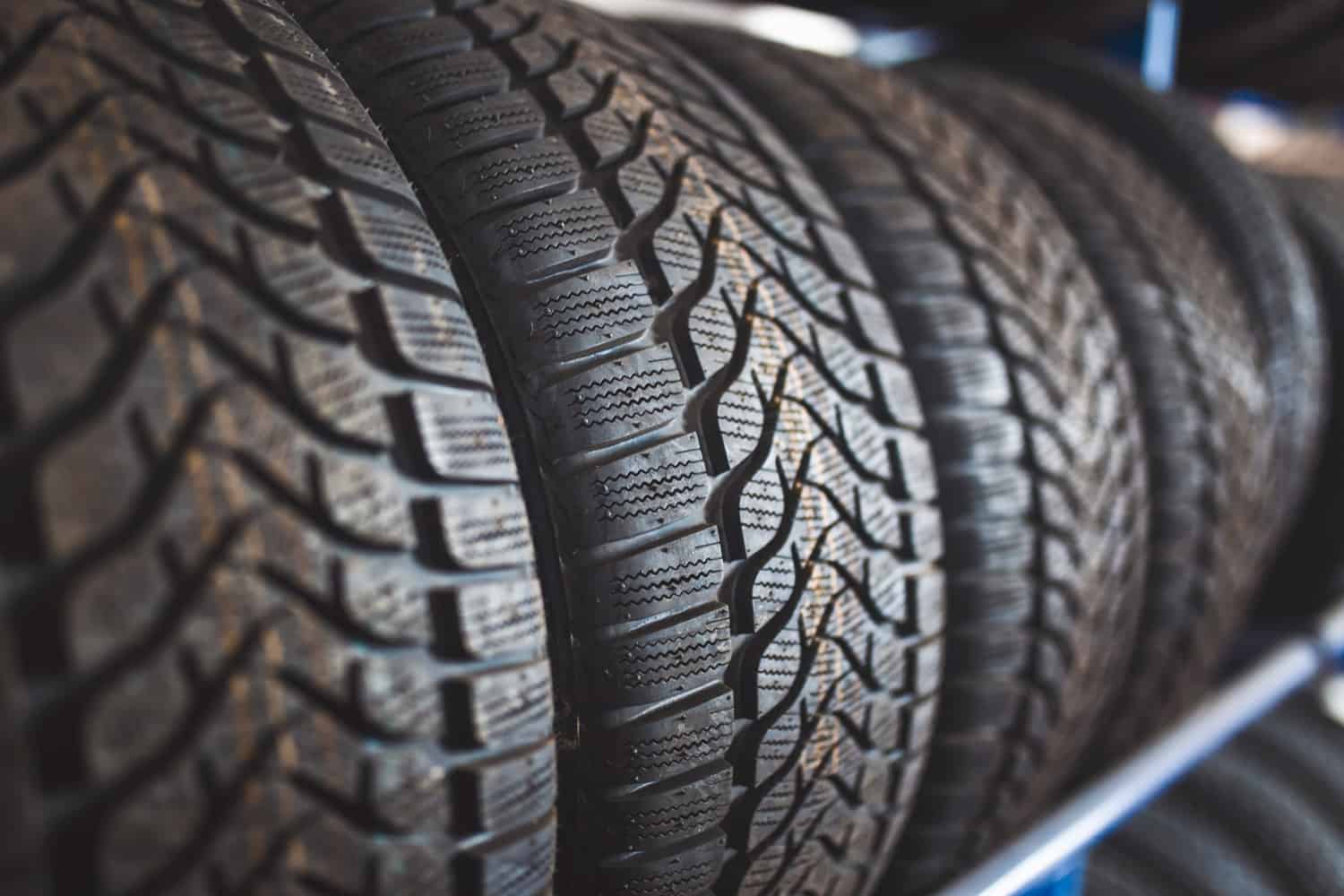
As vehicle owners, there are some occasions in which you will need to store your tires to use them during another season. Sometimes, vehicle owners also prefer to keep unused tires in their garage in case problems arise with the current set they are using.
Tires that are kept long-term will require some preparation and a specific way to prevent damaging them. With these proper storage conditions, you can expect unused tires to last for about 6-10 years. You can use them on your vehicles with no problems.
Consequently, if you are storing used tires, they will last for a shorter time. Used tires that are stored in the right environment can last for about 2-5 years, depending on how worn your tires were before storage.
How To Store Tires
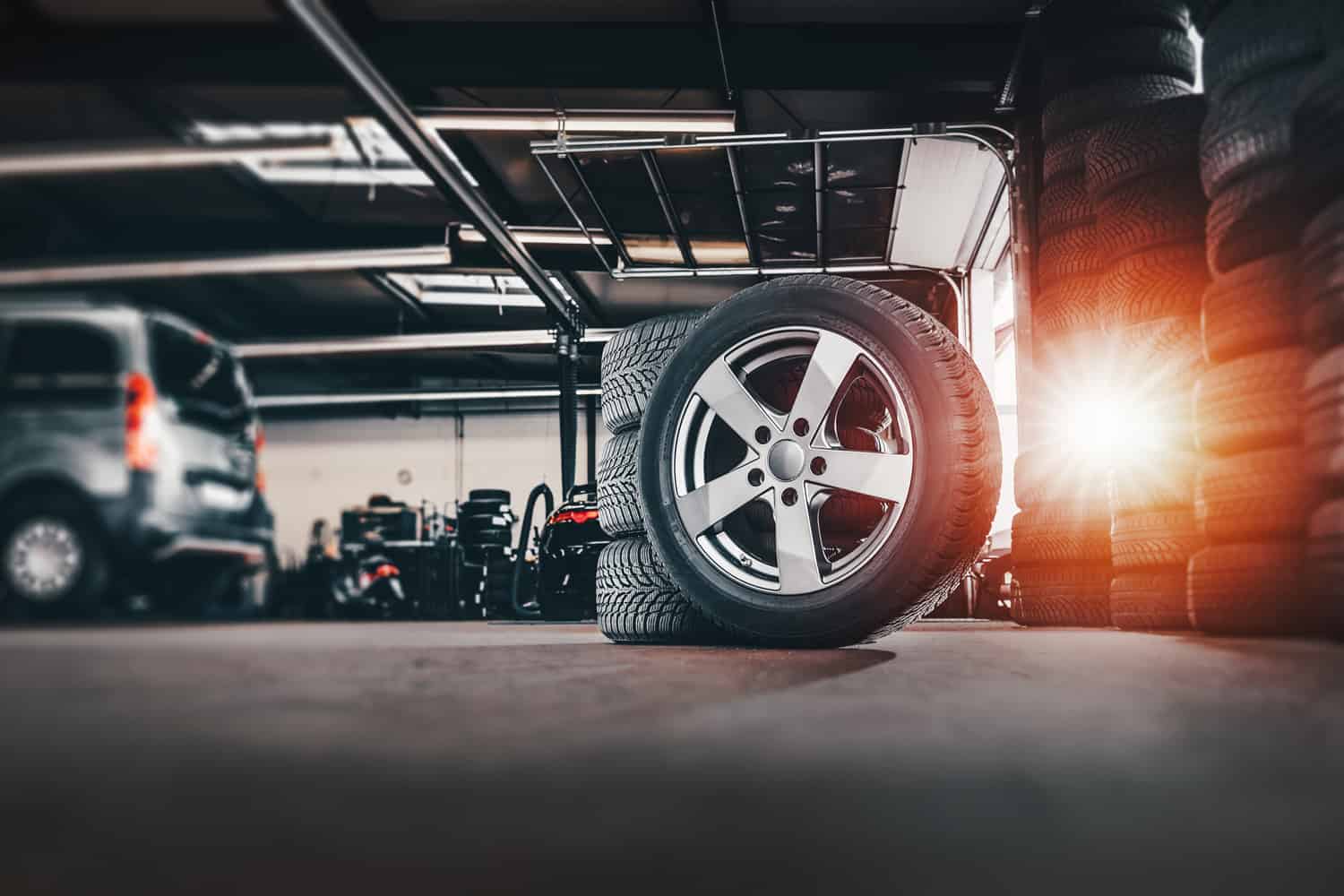
Storing your tires properly is the best investment you can give to these tires. They can be quite a bit expensive to buy and repair, so here are some tips and ideas on how to properly store your tires.
Prepare Tire Hooks
The first rule for storing tires is to have a proper storage area in your garage for your tires. As much as possible, mount your tires on tire hooks so that they are not laying directly on the ground. These hooks will prevent deformities on your tires.
Check out these tire hooks on Amazon.
Remove Tires From Vehicle
If you are planning to store your car for a few months, make sure to remove the tires of the vehicle. Leaving the tires on the vehicle for an extended period of time can cause your tires to have flat-spotting, and this can be very damaging.
Clean and Dry Thoroughly
Before storing your tires, it is important to clean and dry them thoroughly. Of course, if your tires are practically brand new and completely unused, you are free to skip this step.
Tires that will be kept in storage must be clean and free from traces of asphalt, dirt, and brake dust before storage. Using a mix of mild dish soap and warm water, use a tire brush to remove all the grime. Allow your tires to dry completely but do not leave them in direct sunlight.
Do not use any chemical treatments on your tires if you are planning to put them in storage. Avoid using any cleaning products that have petroleum in them because this can cause deterioration of your tires.
Do Not Leave Outside Under The Sun
Tires are made of rubber, and UV rays and heat can cause premature deterioration. The sun's heat can penetrate the tire's rubber and dry out the insides, further breaking down the rubber components of your tires.
As much as possible, try to keep your tires out of the sun. Keep it away from doors or windows where it can still get sunlight, or make sure to keep them covered in sun protectant tarps. You can also purchase tire storage bags to keep them out of the sun.
Get these tire storage bags on Amazon.
Keep In A Cool, Dry Environment
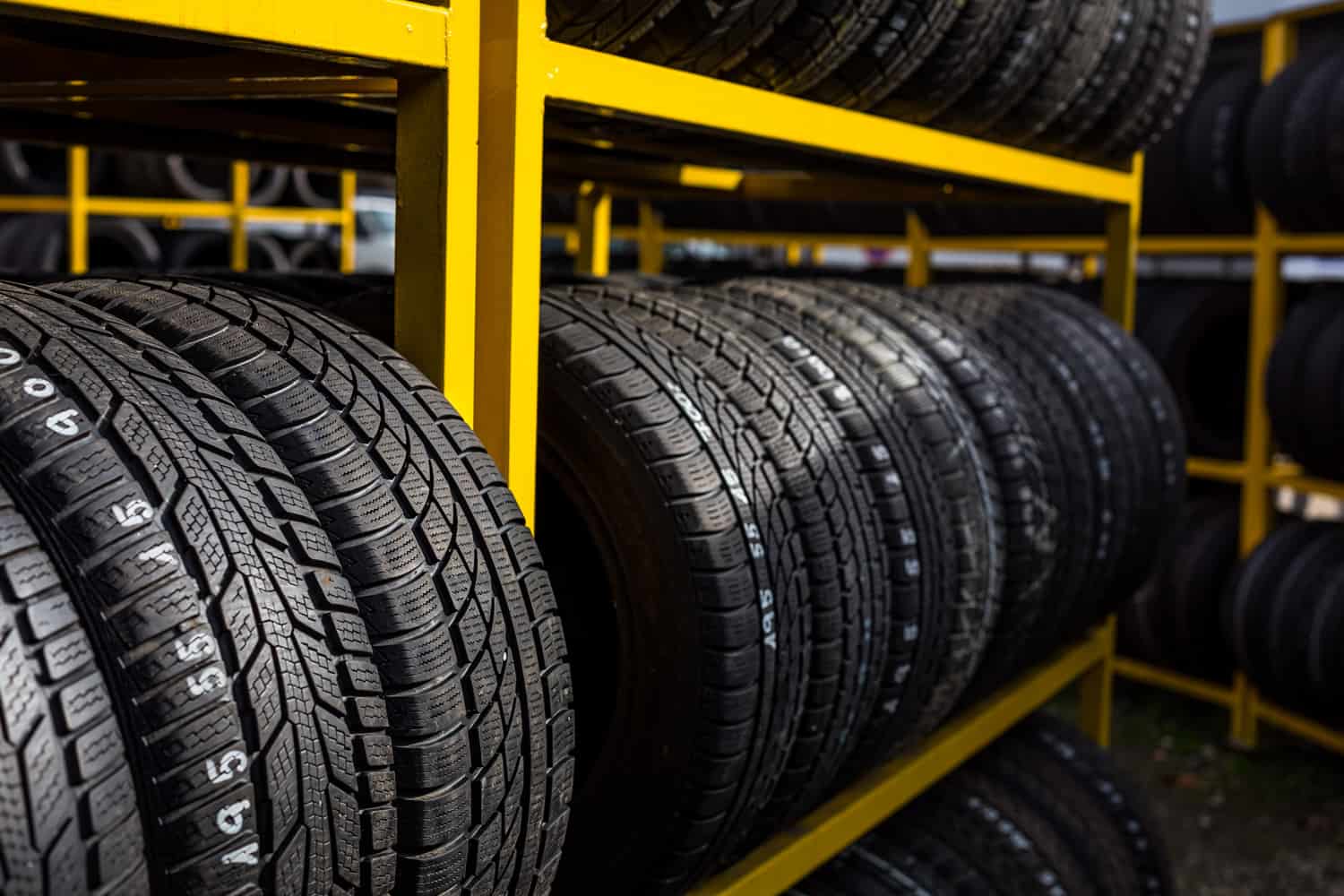
Tires do deteriorate because of the environment, so it is important to have a cool, dry storage space to keep them at their best. The temperature and the humidity of the storage space must be consistent to prevent your tires from aging quickly.
If you have the means, consider keeping your tires in a climate-controlled storage unit. This will ensure that your tires will be kept in an environment that will not have extreme dips and high temperatures and humidity.
Otherwise, you can keep your tires in your basement or garage. Just make sure to keep them away from furnaces, water pumps, and other ozone producers. Try to keep them away from sunlight and weather exposure.
Keep It Airtight
The second leading cause of tire deterioration is oxygen. Tires as best kept inside a plastic bag that is airtight to prevent oxygen from aging the rubber. It will also slow down the oxidation process and will prevent the oil from evaporating and drying out the tires.
You may find specialty vacuum-sealable plastic to do the job for you. You can also use specialty tire storage bags to keep the tires separate and properly stored.
See these plastic tire bags on Amazon.
Store In A Correct Position
Tires are prone to become easily deformed when stored in an incorrect position. Stacking tires and hanging them doesn't mean that you will simply leave them in that position. To keep tires in their best shape, it is still important to move them around at least once a month.
If you are left with no choice but to stack your tires in the garage, make sure to remove the rims first or stack the tires vertically if you wish to keep the rims. Unmounted tires can only be stacked horizontally to prevent deformities.
Do not hang your unmounted tires on tire hooks. This will cause the tires to sag and become deformed. Instead, hang your rims on the tire hooks and keep the tires separate.
Try to keep the tires stacked on top of a pallet or shelf to prevent direct exposure to the ground. Typically, the changes in temperature can cause aging issues with the rubber tires if they are laid flat on the ground.
Why Do Tires Go Bad In Storage?
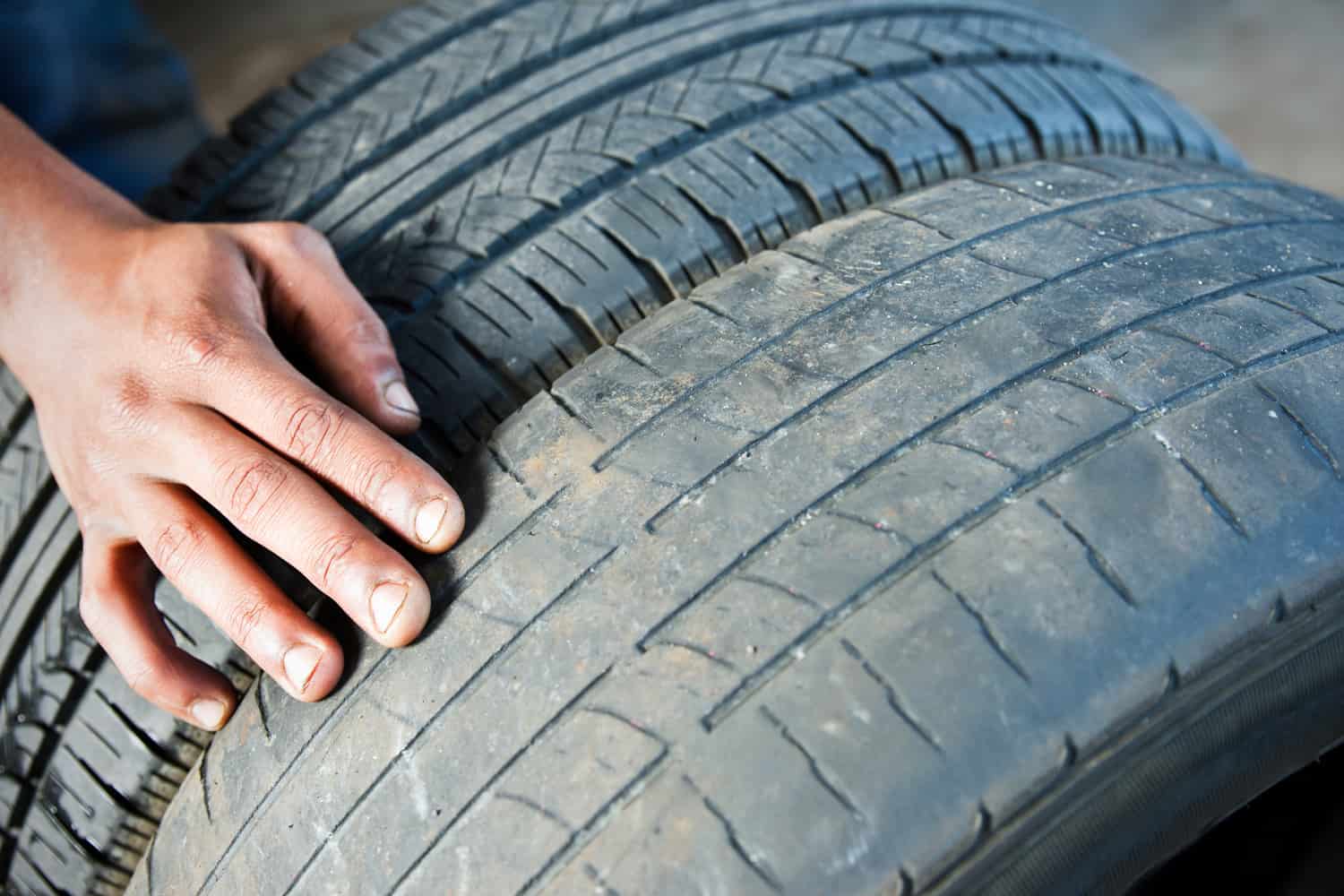
Car tires do not last very long in bad storage conditions because it is made of rubber, and this material is prone to deterioration. Rubber ages and problems that are related to this aging include warping, rotting, deflation, and more.
When car tires are sitting for too long, the tubes of the tire also expands and forms bubbles. This typically happens to stored used tires, in areas where the rubber has become thin and worn out. These bubbles may cause tires to blow out while you are driving.
Improperly stored tires can also cause flat spots, and this happens when the tires are left in one position for too long. Flat spotted tires can have difficulties while being driven on the road because you will find it harder to control the vehicle.
Should You Deflate Tires While Storing?
Generally speaking, you do not need to deflate your tires in order to store them. It is actually better to keep your tires inflated because it will lessen the possibility of your tires getting deformed from the lack of air.
If you are storing your tires with the rims attached, make sure to keep the tires properly inflated. The tires should also be stored vertically to prevent deformities. If this is not possible, make sure to rotate the tires once a month to keep their shape.
Final Thoughts
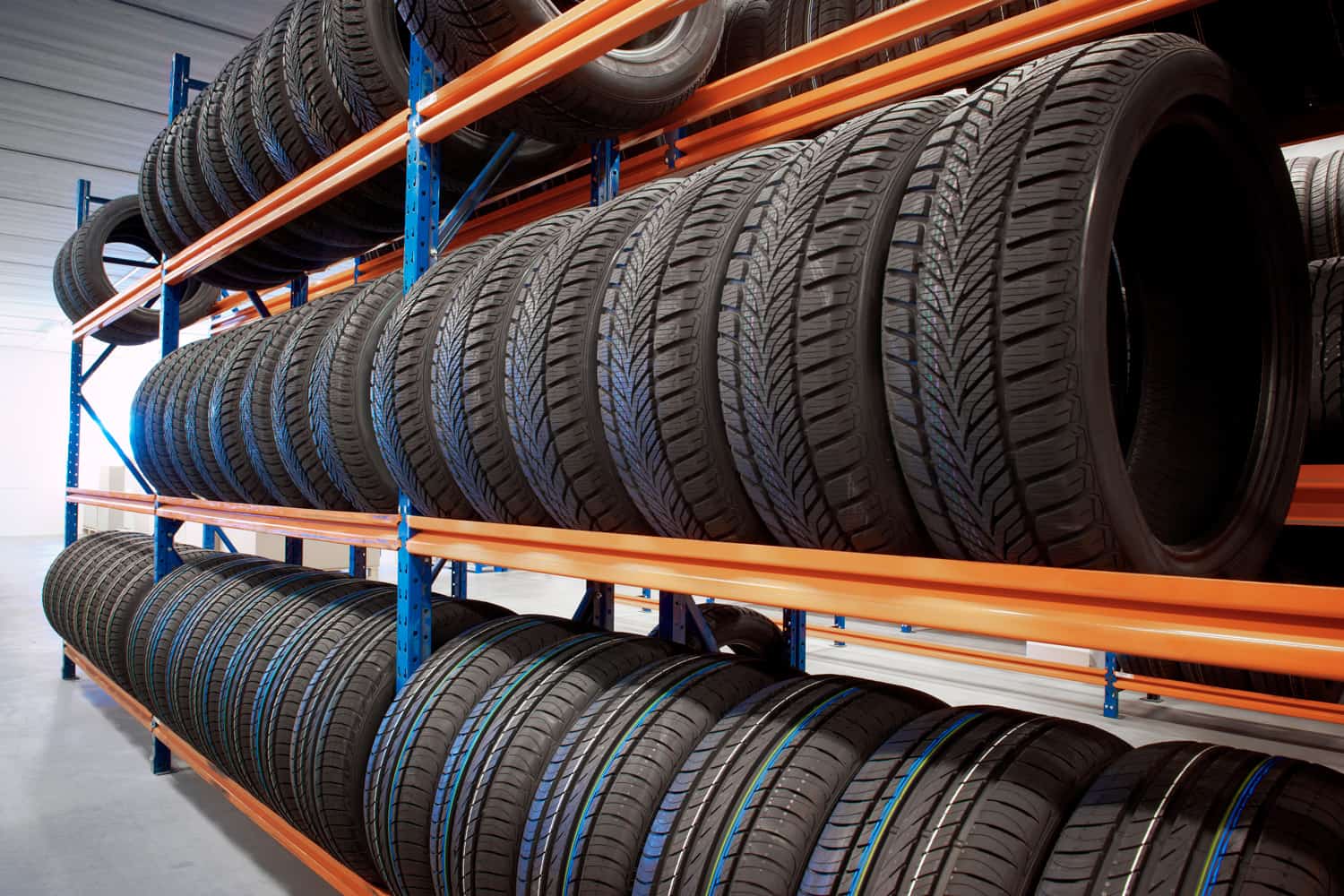
It is always best to be prepared so it is important to have a few spare tires in your garage for emergency purposes. That being said, storing your tires can be a little tedious, but doing it properly can ensure that you and your family will always be traveling safely with these sturdy tires.





